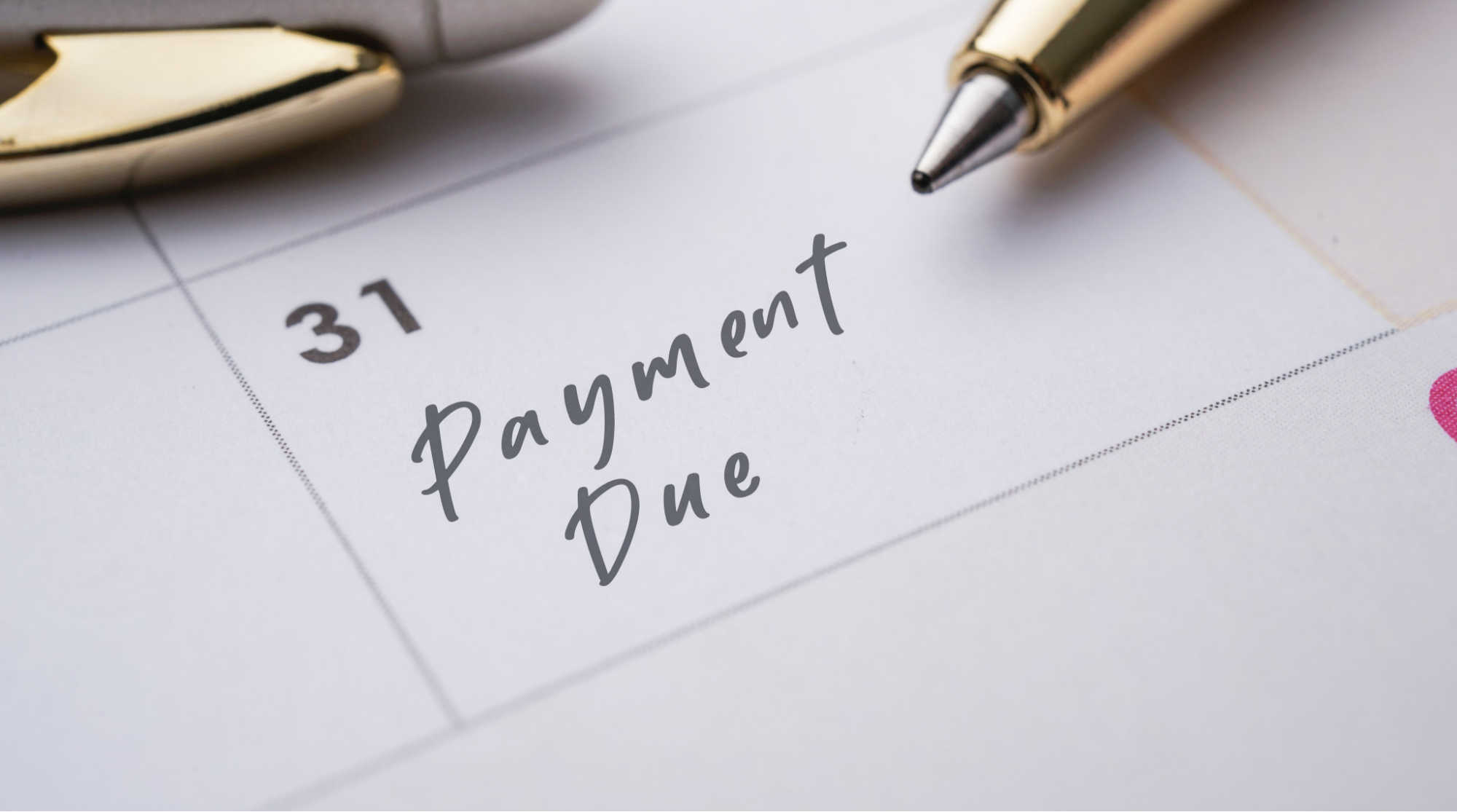
What Happens When My Fixed Rate Mortgage Ends?
With continued rising interest rates, many homeowners might be wondering; what happens when my fixed rate mortgage ends? In this guide we will be exploring just that and more.
Historically, borrowers would pay more to fix in for longer, but it seems like the price gap is closing.
According to our preferred mortgage broker Better, the top interest rate on a no-fee 75% loan-to-value fixed rate mortgage is now 3.25% over two years, 3.35% over five years, or 3.99% over 10 years.
Refer to our mortgage tables below for what deals are available today for your deposit level and circumstances.
Your property may be repossessed if you do not keep up repayments on your mortgage.
What is a fixed rate mortgage?
Mortgage products can be either fixed or variable. With a fixed rate mortgage, your repayments have a fixed interest rate for a period of time. This means you’ll pay the same amount every month for the length of your introductory deal, typically two, three, five or 10 years.
When the fixed rate period ends, your rate will change to your lender’s standard variable rate (SVR).
Why would someone choose a fixed-rate mortgage?
People choose fixed rate mortgages to help them budget. With a fixed rate you know exactly how much your mortgage payment will be each month for the duration of the fixed rate.
A fixed rate also temporarily protects borrowers against future interest rate rises. If the base rate goes up, payments on a fixed rate mortgage still stay the same.
What is a variable rate mortgage?
If you have a variable rate mortgage, the interest rate you pay can change. This will mean your payment amount will change too.
If you have a tracker mortgage, any changes to the rate you pay will be in line with the Bank of England base rate.
If the interest rate is linked to your lender’s SVR, the lender can change this at any time.
It’s always worth speaking to a mortgage adviser. Our preferred mortgage advisers can help with finding the right mortgage for you. Fill in the form below for a quick call-back.
Your property may be repossessed if you do not keep up repayments on your mortgage.
Individual savings may vary, your savings will depend on personal circumstances.
What is the longest you can fix a mortgage for?
Most people fixed their mortgage for two, three or five years. If you opt for one of these fixes, you’ll find plenty of choice from mortgage lenders.
Some lenders also offer 10-year fixes, although these are a lot less common than two, three or five-year fixes. Every so often a lender might offer a fixed rate for longer than 10 years.
What to do when my fixed rate mortgage ends?
So, what happens when my fixed rate mortgage ends? When your fixed rate ends, if you don’t take any action the interest rate you pay on your mortgage will normally switch to your lender’s SVR. The rate your mortgage reverts to is sometimes called the ‘go to rate’.
This could be a higher rate than you were paying on the fixed rate, or it could be a lower rate. It all depends on what interest rates have done since you took out the fixed rate.
For example, in December 2020 the Bank of England base rate was 0.1%. According to Moneyfacts, if you took out a two-year fixed rate in December 2020, the typical rate was 2.49%.
The base rate now (December 2022) stands at 3.5%, while the average two-year fixed rate mortgage is 6.5%.
If you were coming off a two-year fixed rate in December 2022 and moved to your lender’s SVR, your payments will shoot up.
For example, if you had a £200,000 interest-only mortgage over 20 years, at an interest rate of 2.49% you’d pay £415 a month. At a rate of 5.74%, your payments would go up to £957 a month.
Should I remortgage at the end of a fixed rate mortgage?
If you don’t want to pay your lender’s SVR, you can remortgage to a new fixed rate mortgage. These deals are usually cheaper than your lender’s SVR.
Interest rates are currently at their highest since November 2008 when the base rate was 3%. It was under 1% for 13 years from February 2009, meaning a whole generation of borrowers have only known super-low interest rates and will be in for a shock whey they come to remortgage in the current economic climate.
Remortgaging normally means moving to a new lender. If you switch to a new mortgage product with your existing lender, it’s called a ‘product transfer’.
You should speak to a mortgage broker 6 months before your fixed mortgage ends as most mortgage products can be reserved for this length of time.
Your property may be repossessed if you do not keep up repayments on your mortgage.
Individual savings may vary, your savings will depend on personal circumstances.
You may have to pay an early repayment charge to your existing lender if you remortgage.
Last Updated: November 1st, 2024







